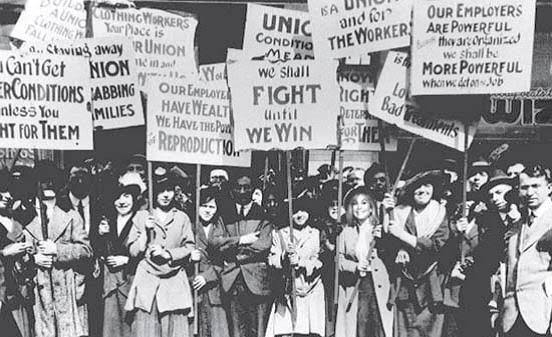Download your Magazine copy here
The first women’s labour strike marked a watershed moment in the fight for gender equality in the workplace. This pivotal strike not only paved the way for significant changes in labour law but also highlighted the persistent struggle for women’s rights in the labour sector, leading to the establishment of the International Labour Organization (ILO). The ILO has since played a crucial role in shaping labour rights and freedoms across the world, including in South Africa. This article explores the historical significance of the first women’s labour strike, its impact on the global labour movement, and the foundational role of the ILO in ensuring labour rights and freedoms in modern constitutions, particularly in South Africa. The first significant women’s labour strike occurred in the early 20th century, during a time when women were largely excluded from the benefits and protections afforded to male workers. Women in the workforce were often subjected to lower wages, poor working conditions, and a complete lack of social benefits such as maternity leave. The strike was a direct response to these inequalities, as women began to demand the same rights and privileges as their male counterparts, including equal pay, the right to maternity leave, and improved working conditions. This strike was not an isolated event but part of a broader movement of women’s rights that was gaining momentum around the world. The women’s labour movement sought to address the systemic discrimination that women faced in the workplace and to challenge the societal norms that relegated women to inferior positions in the labour market. The strike was a bold and courageous stand against the entrenched patriarchy that dominated the labour sector.
